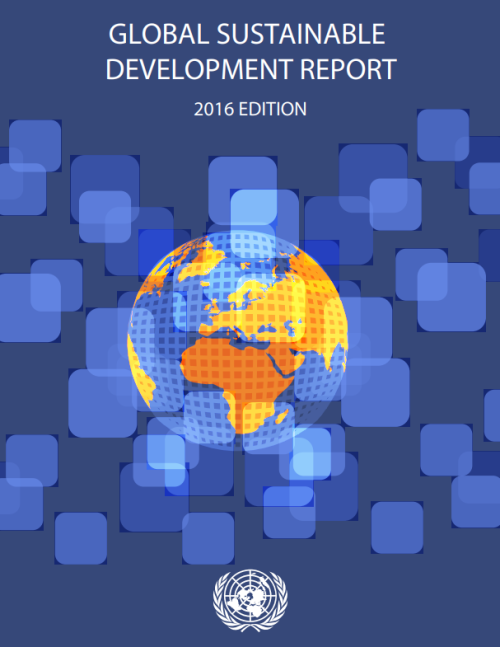
Understanding of the scientific basis for action will be needed to achieve the ambitious and transformative goals of the 2030 Sustainable Development Agenda, according to a new report issued by the United Nations today during the High-level Political Forum on Sustainable Development.
According to the Global Sustainable Development Report 2016, key elements of the 2030 Agenda –such as what it will take to ensure that no one will be left behind — have yet to be thoroughly scientifically researched. The report finds that the new agenda requires asking different questions, many that have not yet been answered by the research.
The report, an assessment of a broad array of…
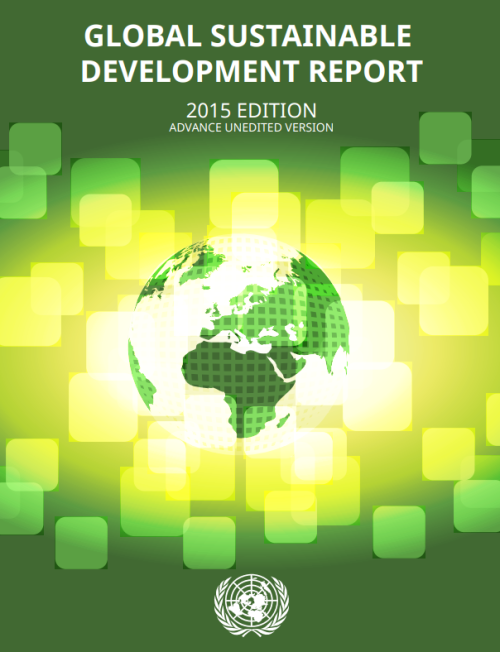
A new United Nations flagship report launched today finds that solutions to the challenges to people and planet must build on clear scientific findings in order to be sustainable. “The successful implementation of the new sustainable development agenda requires a strong scientific foundation that is understood by policymakers,” said Wu Hongbo, UN DESA’s Under-Secretary-General, referring to the proposed 17 sustainable development goals, scheduled for adoption in September in New York.
The 2015 Global Sustainable Development Report, an intergovernmental-mandated report on the science-policy interface for sustainable development, was presented to UN Member States at the High…
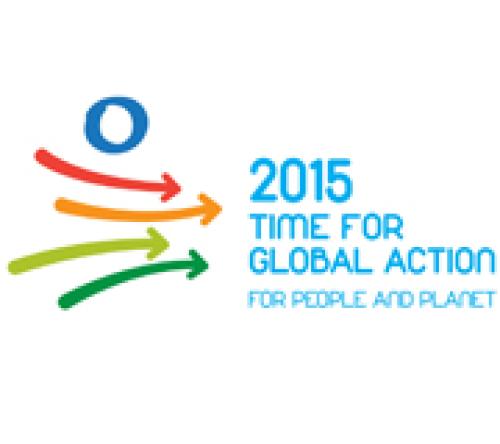
Calling for inclusive, agile and coordinated action to usher in an era of sustainable development for all, Secretary-General Ban Ki-moon on 4 December presented the UN General Assembly with an advance unedited version of his “synthesis report,” which will guide negotiations for a new global agenda centred on people and the planet, and underpinned by human rights. The report was formally issued in the six official UN languages on 31 December 2014.
“Next year, 2015, will herald an unprecedented opportunity to take far-reaching, long-overdue global action to secure our future well-being,” Mr. Ban said as he called on Member States to be “innovative,…
The experience from the Millennium Development Goals has shown that well-defined, objectively measurable indicators can help to maintain focus on internationally agreed development goals and targets, while keeping the world informed of achievements, problem areas and emerging issues.
Looking ahead to the post-2015 development agenda, it will be important to develop a robust monitoring system that draws on traditional data collection methods and innovations in statistics and data collection to develop a monitoring framework that can measure progress on the various thematic areas.
While it is still too early to define a set of indicators and targets for the development…
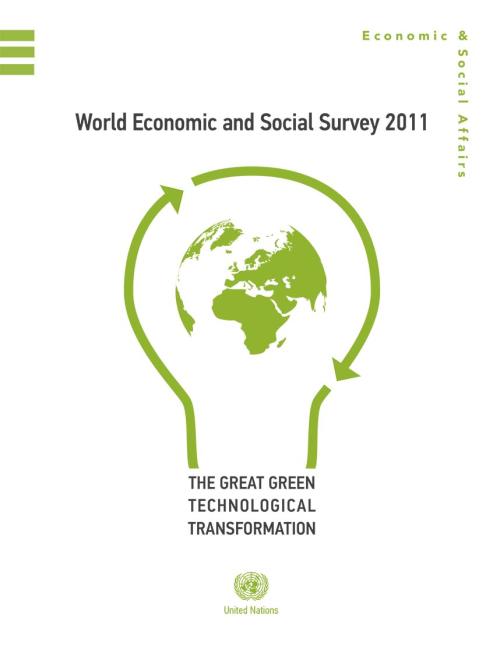
Nothing short of a technological revolution on the scale of the first industrial revolution will be required to meet the challenge of sustainable development. Enormous improvements in human welfare have taken place over the past two centuries, but at a lasting cost of degradation of our natural environment. Continuation along established economic growth paths means that the Earth's capacity to ensure human welfare and serve as a sink for the waste and pollution generated in the creation of that welfare will be exceeded.
The World Economic and Social Survey 2011 analyses the challenges and options involved in shifting to a "green economy" based on more efficient and renewable…
Issued in support of the five-year review of the Mauritius Strategy of Implementation for the sustainable development of SIDS, the report highlights the vulnerabilities of SIDS and recent trends in their sustainable development. The key areas covered by the report are climate change, disaster management, trade and finance, tourism and energy. It also covers energy, natural resources and social development. In addition, the report provides a visual summary of progress made by SIDS in attaining the Millennium Development Goals (MDGs), based on analysis performed by UNDP and ESCAP.
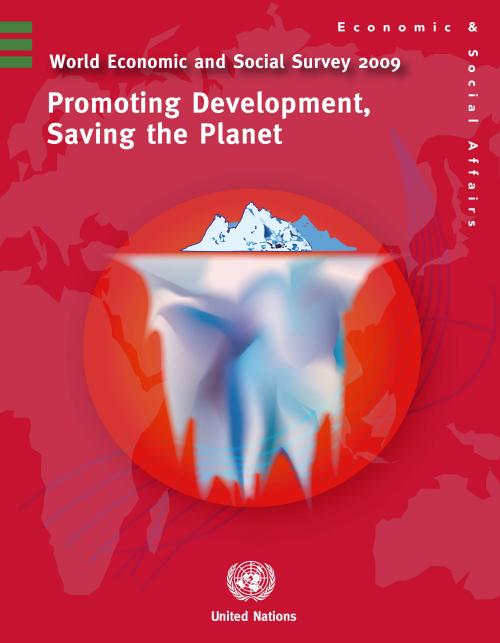
The central message of the World Economic and Social Survey 2009 is that addressing the climate challenge cannot be met through ad hoc and incremental actions. In the first place, it requires much stronger efforts by advanced countries to cut their emissions. The fact that in this regard more than a decade has been lost since the adoption of the Kyoto Protocol to the United Nations Framework Convention on Climate Change only adds urgency to those efforts. However, even if advanced countries begin to match their words with deeds, their efforts are, by themselves, unlikely to be sufficient to meet the climate challenge. The active participation of developing countries is now required and…
 Welcome to the United Nations
Welcome to the United Nations